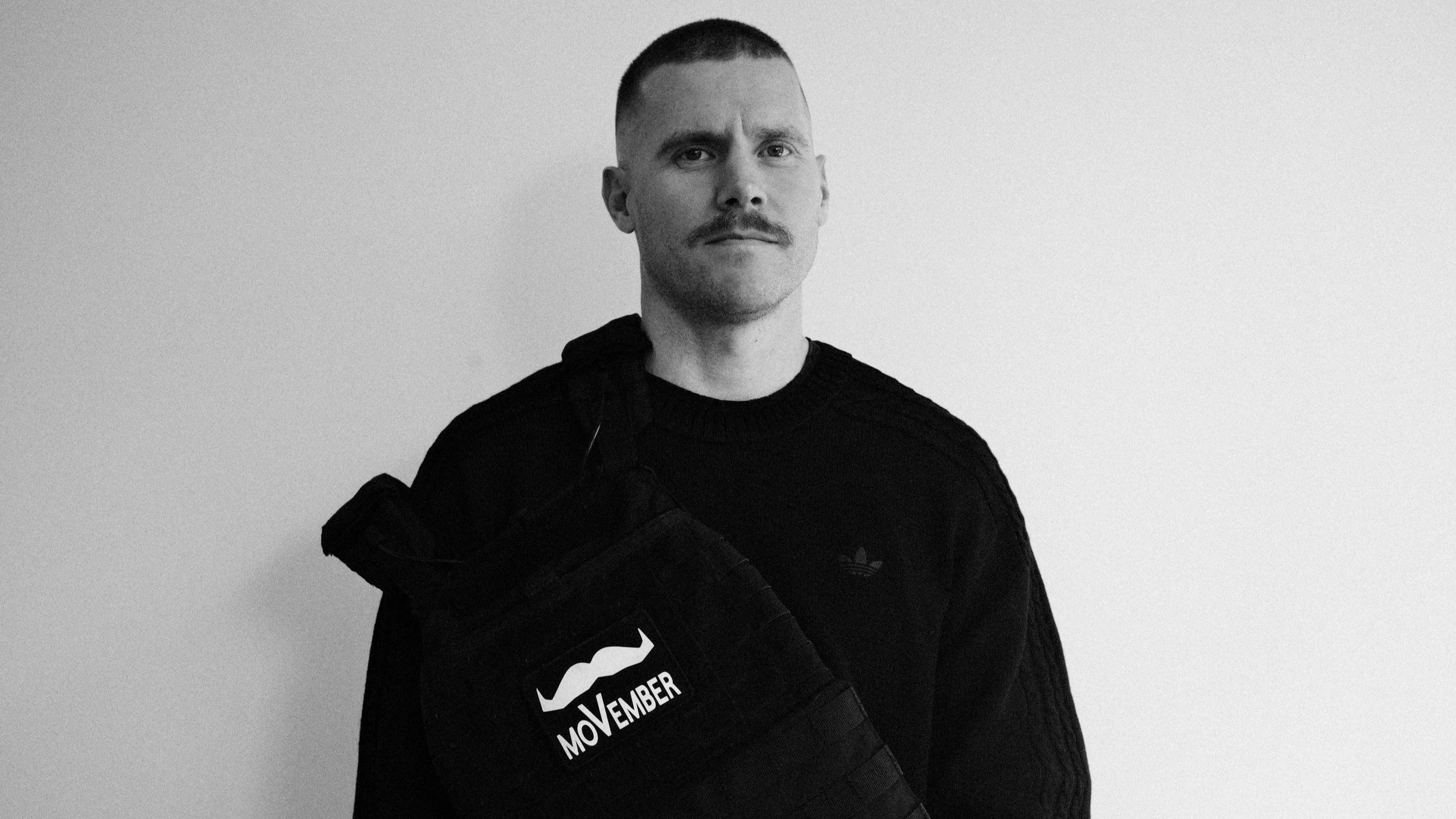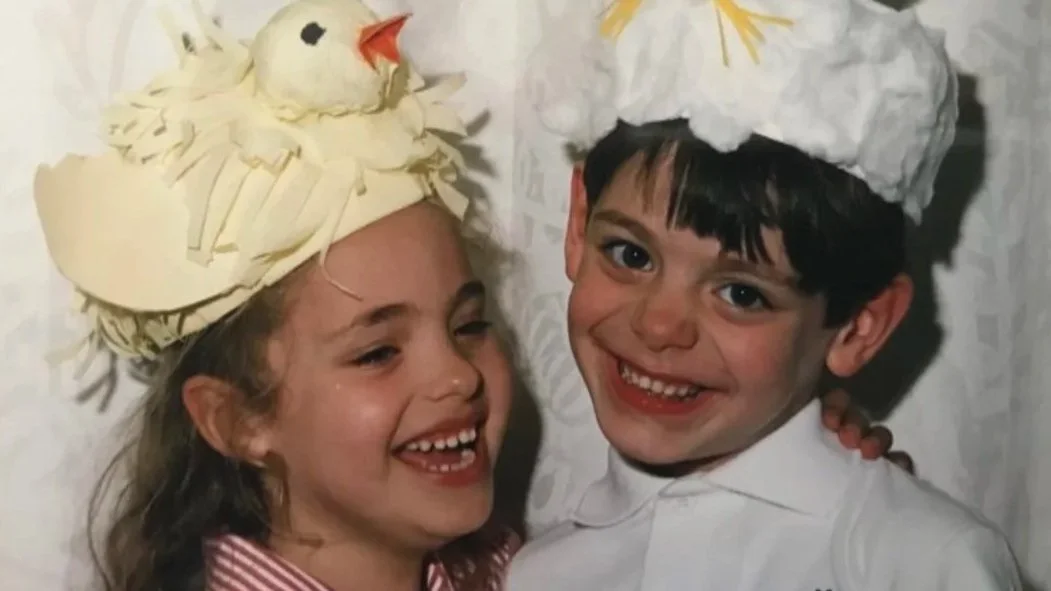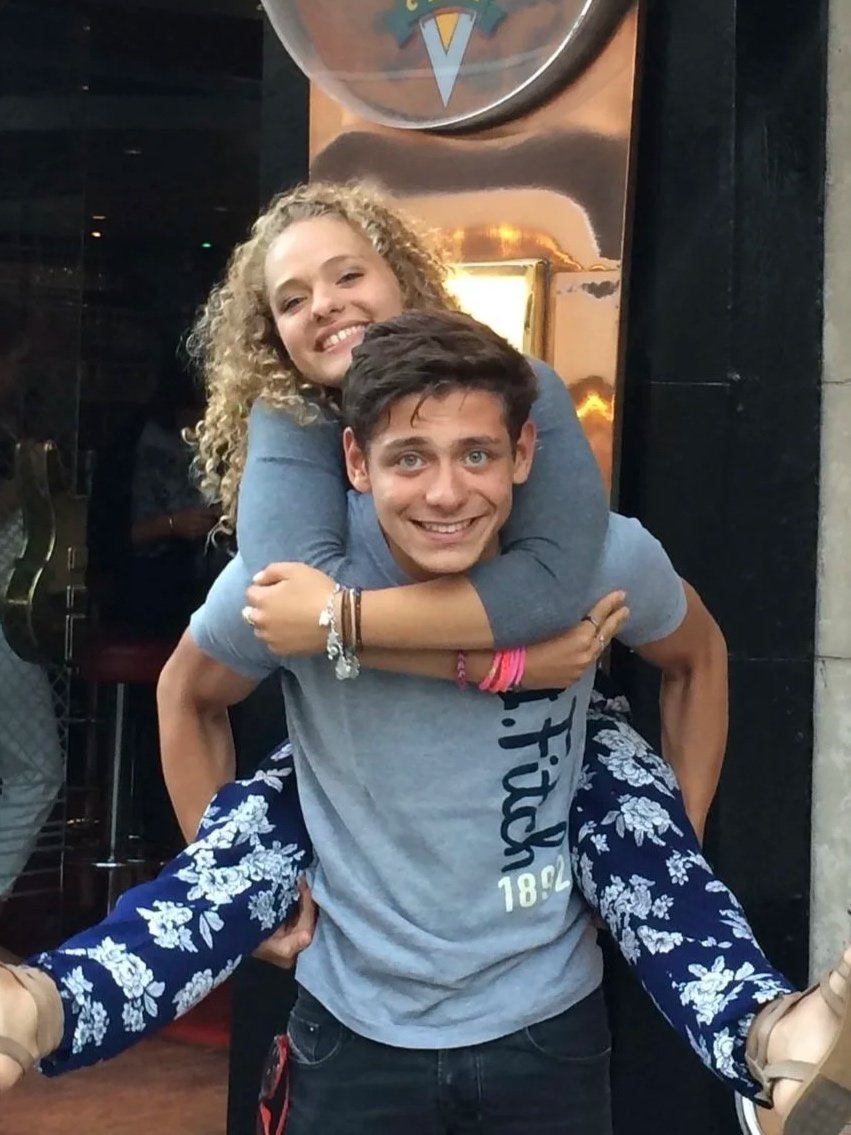Behind the ‘Stache: The Silent Weight Men Carry
As they prepare the dinner table, there’s a space vacant, quietly holding the weight of absence. Plates are laid, cutlery neatly arranged, yet one place remains untouched. A silent witness to laughter that no longer echoes.
Every 60 seconds globally, a man takes his own life. Left behind are his grieving family and friends screaming ‘we cared, you were not alone’.
Movember is a global charity and annual event in November that aims to raise awareness and money for men’s health related issues. While the conversations around mental health are becoming louder in today’s society, we’re also seeing a growth in men losing their voices to suicide.
Simon Davidson is a man on a mission. His chest weighing heavy with responsibility. For 60 days, he is running for an hour, wearing a weighted vest, and finishes each day with 60 minutes of journaling and reflecting. He’s sacrificing his knees, his sleep and his sanity to kickstart conversations, to honour the life of his lost friends and to remind men that they are not alone… their burden is to be carried by all.
“Movember creates a symbol for conversation,” he says, “it’s not only about the moustache, but it sparks discussion.”
Simon adds that his weighted vest is a physical and visual symbol of the silent internal struggle men face. That, though his runs are tough, it reminds him who he’s doing it for.
“I tell myself: “Simon, you get to do this. Yes, it’s hard, but there are some people out there that are struggling way more than I am right now.
“If one person sees what I’m doing and feels encouraged to open up, see a therapist or change their mindset, then I have done my job.”
Simon kept returning to the phrase: “No one is bulletproof”.
“You never know what someone is going through. I’ve lost friends that were the life of the party and never let on that they were struggling. What you see on the outside isn’t always what’s happening on the inside.
“That’s why it’s so important, not only that we start to teach young boys and men that vulnerability is a strength, but also start to take simple acts of compassion into our daily lives.”
Simon wants his journey and message to extend beyond the month of November, hence why it spans across two months.
“I want uncomfortable conversations about mental health to be normalised. Social media portrays unrealistic standards for what life “should” look like. In real life we have bad, good, boring and amazing days, but we lack the education to teach people how to deal with their emotions and vulnerability in healthy ways.”
He shares a story of a young man who planned to take his life, but three days before, his girlfriend randomly hugged him and said, “I’ve got you”.
“That story has stuck with me. Reaching out doesn’t have to look extravagant or well thought through. Just three words can save someone’s life.”
Dr Oliver Sindall, a clinical psychologist working with athletes, says there’s a “complexity” to the reasons behind why men struggle with vulnerability and speaking out.
“Much of it comes from cultural and social conditioning” he says. “Men are taught to “man up,” hide emotions, and associate strength with endurance rather than openness.
“They are culturally expected to produce, perform, and succeed. Feeling emotional distress becomes linked to perceived failure. ‘If I’m not functioning or producing, I’m failing as a man’. This creates a vicious cycle: the less men express emotions, the less they understand or can process them, causing internal pressure to build.”
He adds that men, internally, are like a boiling pot, and without the tools to speak up, they keep boiling until they reach breaking point.
“Suicide prevention isn’t just about one day in the year, or down to one month, it should be taken into every day. True suicide prevention happens long before crisis. It’s about daily validation and connection. Sometimes just saying, “That sounds awful. How do you manage it?”
“It’s about integrating mental health conversations into everyday culture, teaching people about emotional literacy, not so they can work and produce more in their life, but to help people understand their triggers, stress responses, and how to communicate feelings.”
But the only victims aren’t just those that have died by suicide, but their family and friends that are left behind.
Francesca Del Celo is a speech and language therapist who sadly lost her twin brother, Emanuele, to suicide. A person that she says she “never thought she’d have to live without”.
“My brother was fiercely loyal, caring and loved deeply,” she adds, “he was the other half of me. I know, deep in my bones, I wasn’t supposed to enter this world alone.”
Francesca was born with a hole in her heart, and at one years old her scan showed the hole had healed, but when they scanned Emanuele, they found he had developed the same hole.
“I always felt like that summed us up,” she says, “he saw I carried that pain for a year and said, ‘now it’s my turn’”.
Emanuele was a passionate dancer, who Francesca says “threw himself into everything he did” and “never did something half-heartedly”.
Though they spent time apart while Emanuele went to boarding school, the distance didn’t make them grow apart.
“When we would reunite it was like magnets being drawn back together. We never played “catch up”, we just picked up right from where we left off.”
As she described their childhood, Francesca kept returning to stories of how they would wrestle on the sofa, calling “weakness” when they’re bodies got so tired from laughter: the sign of a truce.
You could feel the fondness she had of these memories, her descriptions so vivid, I could see them like a film.
She adds: “I have so much comfort that I will see Emanuele again. That, when I do, I will tell him off for leaving me early, but we will pick up right where we left off. The reunion will be so sweet and we will once again wrestle on the sofas in heaven.”
When Emanuele passed away, she expresses that disbelief came first, followed by guilt.
“I felt the responsibility of being strong for my parents, to live for both of us, to be the half that still remains.”
Francesca says she feels like an odd sock who lost its pair. She still functions as a sock and keeps warm, “I still have purpose,” she adds, “but I had to learn how to live without my pair.”
Losing someone to suicide leaves a hole in family homes, communities and spaces, but her family don’t want him to be defined or remembered by the way he died, but in the way he lived.
“Emanuele taught me to be live with passion and purpose. He left a legacy, not of fame, but of love. If only he was here and I could bring in all the people that were touched by an interaction they had with him… this room, this house, would overflow.
“What made my brother beautiful wasn’t what he produced, it was what he left behind”.
In today’s world, success is defined by output and impact. How much money you can make, how many followers you can attain, but Emanuele transcended that… he will forever be remembered for his presence and how he connected with others.
Francesca thinks connection and intentionality are the best suicide preventers.
“You’re not alone,” she says, “everyone feels the full range of emotions. It’s human. We weren’t promised a life without obstacles, but we do have help through them.
“Please just get it out. Don’t let it fester. We weren’t made to live isolated; we were made for community. Negativity thrives in darkness, but it can’t survive in the light. That’s why speaking out matters. It breaks the darkness.”
But the responsibility to “speak out” isn’t merely on the one struggling, but also on those around them. As a community we need to rally together, with radical kindness, to take time out of our day to check in with our friends and loved ones.
“Don’t wait until it’s too late to tell someone you’re here for them,” she says, “when you’re gone, people won’t remember you for the negative things, but for all the positive ways you impacted their life.
“If I forget everything about my brother tomorrow and could only remember one thing, it would be his laugh. I can still hear it playing in my head. It’s the most beautiful sound in the world.”
In my conversation with Francesca, her love for Emanuele filled the room. She spoke about her brother colourfully with such eloquence, describing him with a grace so effortless, it was as natural as breathing. She never missed a beat, never used a filler word, her descriptions of Emanuele were so beautiful that even I, who had never met him, could feel the joy in his laughter.
Someone somewhere will feel the emptiness of your absence. Don’t carry that weight in silence. You are not alone.





